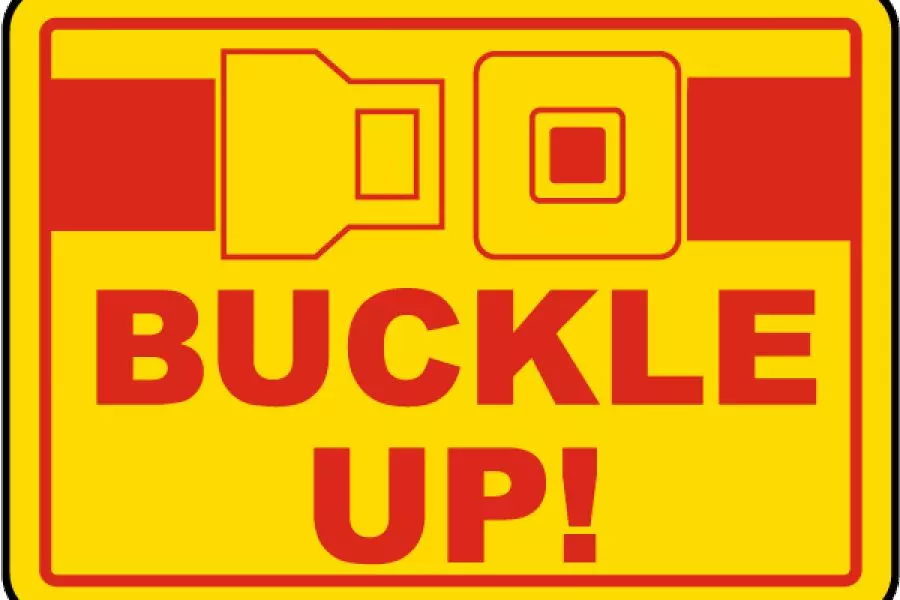News
Buckle up, the housing market slowdown isn’t over yet

Thursday 27th of October 2022
When adjusted for wage inflation, the ANZ figures equal a drop of about 27% in real terms – a full unwind of the 2020-21 bump in real house prices.
The bank says while pinpointing the eventual floor in the market is fraught with uncertainty, it is abundantly clear house prices will continue to fall given the state of the economy.
ANZ analysts say the falling property value...
Want to read the full article?
Click the button below to subscribe and will have unlimited access to full article and all other articles on the site.
2 min read






![[The Wrap] Bye Bye Bayly](https://goodreturns.publit.io/file/c_fill,w_900,h_600/39f23ac1-f7c7-4854-b700-a150004ebbac.webp)


